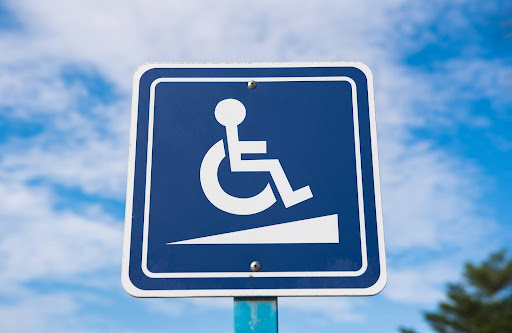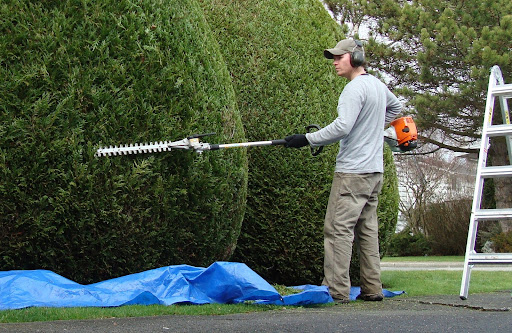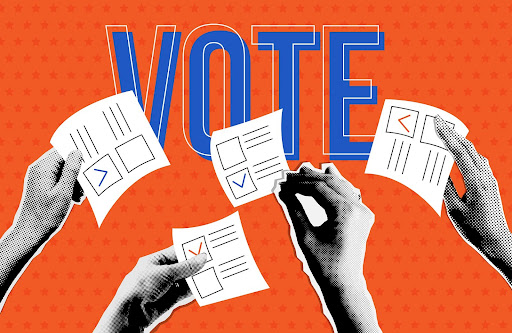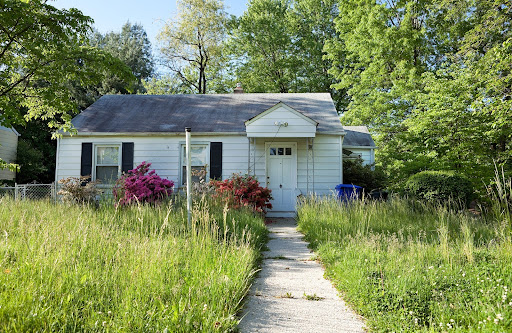California HOA Foreclosures: Can The HOA Really Take Your Home?
No homeowner ever imagines losing their house because of unpaid HOA fees. However, rules about California HOA foreclosures can be quite confusing, leaving many homeowners and even some board members asking: Can the HOA really take your home?
Why Would a California HOA Foreclose on a Home?
In short, money. Like any other organisation, an HOA relies on funding to function. Dues and assessments help pay for things the community depends on, such as landscaping, repairs, amenities, insurance, and reserves for future needs.
When too many homeowners fall behind on payments, it puts pressure on the association’s budget. If polite reminders and late notices don’t work, the HOA may need to escalate the collection process, and foreclosure is often the last stop on that road.
The Legal Foundation: How Can an HOA Foreclose in California?
The right to foreclose doesn’t just come out of thin air. It’s part of state law.
Under the Davis-Stirling Act, HOAs can place HOA liens in California on properties when owners fall behind on assessments. A lien gives the HOA a legal claim against the property, similar to how a bank’s mortgage works.
Once that lien is in place, the HOA can, if necessary, pursue foreclosure through nonjudicial means (meaning, outside of court) to recover the debt.
Of course, there are guardrails to protect homeowners, which we’ll cover shortly. But make no mistake: HOA foreclosure in California is absolutely legal under state statute.
The Debt Threshold: When Does Foreclosure Become an Option?
California doesn’t allow HOAs to jump straight to foreclosure over minor debts. Here’s what the law requires:
- The homeowner must owe at least $1,800 or have been delinquent for at least 12 months, whichever comes first.
- The HOA must have first attempted other collection efforts, including notices, payment plans, and more.
Only after those conditions are met can the HOA record a lien and begin the foreclosure process. In practice, most boards use foreclosure as a tool of last resort—because it’s expensive, time-consuming, and can inflame community tensions.
But when all else fails, the law allows it.
How Long Does It Take for an HOA to Foreclose?
How long does it take for an HOA to foreclose in California? Well, it varies.
First, there’s a mandatory 30-day pre-lien notice. After the lien is recorded, there’s another 90-day waiting period before foreclosure proceedings can even be scheduled.
From there, it often takes several more months for legal notices, trustee’s sale scheduling, and the actual foreclosure sale.
So even in a worst-case scenario, you’re looking at a process that typically spans 6–12 months (sometimes longer). Homeowners aren’t losing their homes overnight, but once the wheels are in motion, stopping them becomes harder the longer the debt lingers.
Can an HOA Take Your Home for Unpaid Fines?
It depends. Under California law, HOAs cannot foreclose on fines alone, not for things like parking violations or minor rule breaches.
However, if those fines become part of an unpaid assessment balance (for example, due to legal fees or enforcement costs), the situation can become murky.
Boards need to be cautious, and homeowners should consult with an attorney if fines are suddenly showing up on a foreclosure notice.
What About Special Assessments?
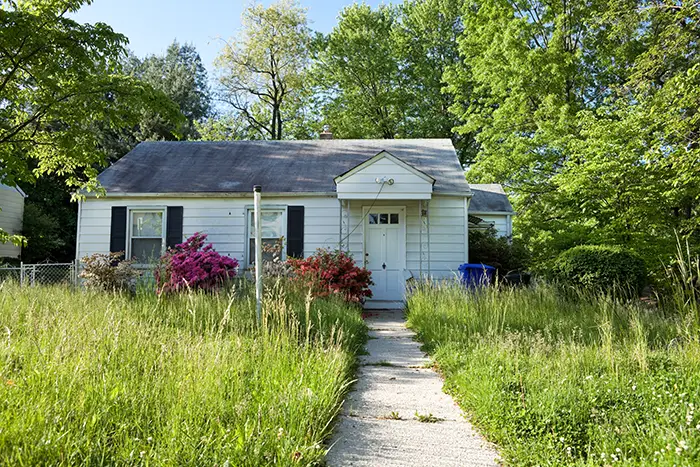
Special assessments, unlike fines, are considered assessments just like regular dues. That means they can trigger a lien and potentially initiate foreclosure if the amount remains unpaid.
So when a board approves a major repair project or capital improvement, homeowners need to budget for those assessments, because ignoring them can put their home at risk.
Who Buys the Home at HOA Foreclosure Sales?
You might picture the HOA board members themselves “taking” someone’s home. But that’s not really how it works.
HOA foreclosures in California are handled through a nonjudicial trustee’s sale (basically, an auction). Typically:
- Investors buy the home at auction, sometimes for pennies on the dollar.
- The HOA recovers what it’s owed from the sale proceeds.
- The former homeowner loses their property, but any remaining mortgage debt still sticks with them.
In some cases, if no one bids at auction, the HOA itself may take title temporarily. But most boards are eager to avoid that outcome.
Can an HOA Foreclose on a Home with a Mortgage?
Can an HOA foreclose on a home even if there’s a mortgage in place? Yes, though it gets tricky.
Here’s the wrinkle: a first mortgage generally takes priority over an HOA lien. So if the HOA forecloses, the mortgage lender doesn’t just disappear. The new buyer at auction either takes on the mortgage or risks a bank foreclosure down the line.
Because of this risk, auctions for California HOA foreclosures tend to attract sophisticated investors, not casual buyers. In some cases, lenders may step in and pay off the HOA debt to avoid losing their position.
What Happens to the Homeowner After Foreclosure?
Sadly, the outcome for the homeowner can be devastating. They lose their property, often for much less than it’s worth. Sometimes, they may still owe the mortgage lender. Their credit takes a massive hit, and recovering financially can take years.
That’s why California HOA foreclosures are something both boards and owners should avoid if at all possible.
Payment Plans: A Lifeline for Homeowners
Thankfully, California law requires HOAs to offer payment plans before initiating foreclosure. These plans:
- Must be provided in writing
- Can span at least 12 months (though boards can offer longer terms)
- Suspend foreclosure actions as long as the owner complies
For struggling homeowners, these plans offer a crucial opportunity to catch up and prevent losing their homes.
Boards that genuinely want to help their communities should lean on payment plans first, not rush to foreclosure.
Why Some Boards Hesitate to Foreclose
Even though the law allows it, most board members don’t relish the idea of foreclosing on a neighbor. The process can create bitterness, gossip, and even lawsuits, and the financial gains for the HOA are often modest after accounting for legal costs.
That’s why smart boards explore every alternative first:
- Payment plans
- Mediation
- Third-party collections
- Even waiving specific fees in exchange for prompt payment
Foreclosure should remain the last tool in the toolbox, not the first.
What Homeowners Should Watch Out For

If you’re a homeowner wondering, “Can HOA foreclose in California?”, the answer is yes. Here’s what to look out for:
- Read your HOA’s collection policy. It’s usually posted on the community website or available on request.
- Open every letter from the HOA or management company, especially ones mentioning liens, assessments, or foreclosure.
- Don’t ignore pre-lien notices. This is the stage when you still have options.
- Ask for a payment plan if you’ve fallen behind. The HOA must offer it.
- Seek legal advice if you’re confused about your rights.
Being proactive beats being reactive, especially when your home is at stake.
Can a Board Block a Foreclosure?
Interestingly, California law also gives board members some power to block a foreclosure. HOAs can adopt a resolution (via vote) to delay or cancel foreclosure actions under certain circumstances, especially when dealing with unique hardships or sensitive situations.
Compassion matters, and board discretion can save homeowners and communities from unnecessary heartache.
The Big Picture: Why HOA Foreclosure Laws Exist
HOA foreclosures exist to protect the financial well-being of communities, not to punish individual homeowners.
If unpaid dues accumulate unchecked, the entire community suffers, maintenance is delayed, reserves dwindle, and property values decline. Foreclosure laws give HOAs the authority to enforce payment, ensuring the community remains solvent and attractive for all.
Still, that power must be used carefully, with empathy and transparency.
Some Final Thoughts for Board Members
If you’re an HOA board member grappling with collections, remember:
- Communication solves more problems than foreclosure does
- Flexibility on payment plans builds goodwill.
- Legal counsel can help boards navigate tricky collection issues.
- Foreclosure should never be pursued out of anger or frustration. It’s a financial remedy, not a personal vendetta.
California HOA foreclosures are a serious step. Taking them lightly can harm both homeowners and community spirit. But when used sparingly and wisely, they can help keep an HOA financially afloat.
When It Comes to Foreclosure, Caution Is Key
So, can an HOA take your home? In California, yes, they can. But that doesn’t mean they should. For both boards and homeowners, the smart path is communication, cooperation, and prevention before things ever reach the auction block.
Need professional management services for your HOA community? Personalized Property Management offers HOA management services around Southern California. Call us at 760-325-9500 or email us at info@ppminternet.com for more information!
Related Articles:



















